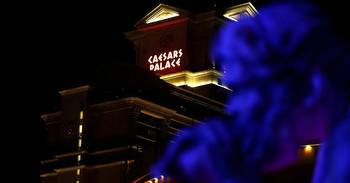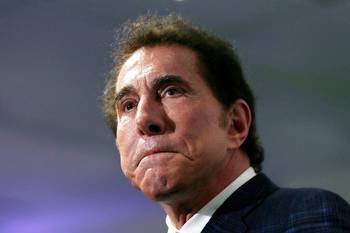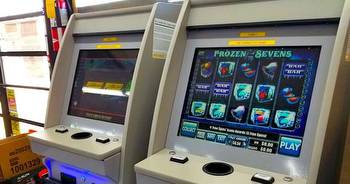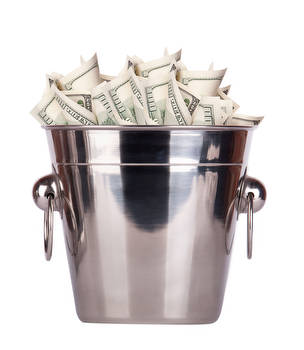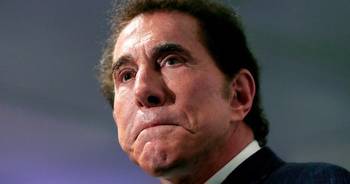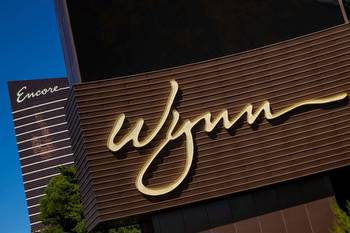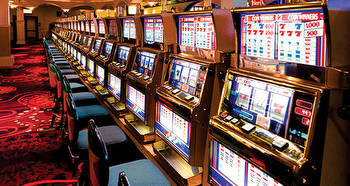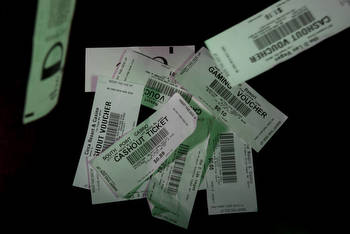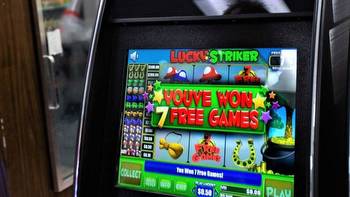MGC to cover ex-employee’s fees in slots lawsuit

BOSTON (SHNS) – The Massachusetts Gaming Commission agreed Monday to cover the legal fees its former executive director incurs responding to a subpoena issued to him in connection with a lawsuit that claims Encore Boston Harbor shortchanged slot machine players.
Neither the commission nor former executive director Edward Bedrosian are parties to the lawsuit or are accused of wrongdoing, but the plaintiffs have subpoenaed both to provide deposition testimony and documents as they challenge the Everett casino’s practice of paying out only full dollars at the slot ticket redemption kiosks.
The lawsuit has been in the Gaming Commission’s orbit for years. It was initially filed in 2019 and drew attention for its claims that Encore duped customers by paying out at less favorable odds for blackjack wins. The Supreme Judicial Court rendered the argument about the casino’s blackjack payouts moot with a ruling in June 2021, but the plaintiffs are forging ahead in U.S. District Court with the suit’s claims that Encore lowered “the lawful payouts owed to its customers” by only dispensing whole dollar amounts at slot machine ticket redemption kiosks located around the casino floor.
Gaming Commission General Counsel Todd Grossman said Monday that Anderson Kreiger, the commission’s outside legal representation, has agreed to also represent Bedrosian in the matter. Commissioners voted unanimously after scant discussion Monday to cover Bedrosian’s legal expenses related to the subpoena.
“The commission does not have a policy on the subject of covering such legal expenses, but has in the past covered legal fees for a former employee engaged in litigation related to their work at the commission,” Grossman said without offering a specific example.
Bedrosian served as executive director of the Gaming Commission from January 2016 until January 2020, when he departed the post to lead the gaming regulatory practice at Orrick Herrington & Sutcliffe.
After the vote on Bedrosian’s legal fees Monday morning, the Gaming Commission went into a private session “to discuss strategy with respect to” the case, which is currently in the discovery phase. Judge Allison Burroughs in November extended the time for fact discovery until Jan. 21.
At issue is the way a slot machine player receives his or her winnings. When a player leaves a slot machine, the machine prints a voucher with the player’s balance which can then be redeemed either at a cashier’s cage — where the teller can dispense cash and coin — or at a kiosk that will dispense cash and another voucher for the balance of change.
After the Gaming Commission looked into the claims in the lawsuit, Encore in 2019 added small signs to its redemption kiosks notifying players that the machines only dispense cash but that change is available at the cashier booth.
“I think that indicates they knew there some issues with the way that they were dispensing change to customers,” Reading attorney Joshua Garick, who represents the plaintiffs, said at the time.
But in an August 2021 filing, Garick referred to “Wynn’s ongoing unlawful conduct of withholding coins even after being admonished by the MGC” and told a judge that the freshest allegations are “based, in part, on Wynn’s now-terminated former president Robert DeSalvio’s testimony at an MGC public hearing that the true purpose of not dispensing coins from the [ticket redemption units] was to entice players to place the ‘cashout’ tickets into another slot machine until all of it is lost to the casino.”
On the blackjack payout claims in the suit, the SJC sided in June with Encore Boston Harbor and MGM Springfield after it considered two cases — the 2019 class action complaint that also includes the slot payout claims and a similar case against MGM Springfield that was dismissed by the Mass. Superior Court and sent to the SJC on appeal.
The high court affirmed the Superior Court’s dismissal of the MGM case and agreed with Encore that the Mass. Gaming Commission’s rules as of February 2019 allowed a casino to pay 6:5 odds to a player who was dealt a winning blackjack hand.
“[T]he plaintiffs lose this last bet,” Justice Scott Kafker wrote in the court’s ruling. “They should have quit while they were ahead.”
When the initial complaint against Encore attracted media attention in July 2019, the assistant director of the Gaming Commission’s Investigations and Enforcement Bureau said commission investigators “reviewed the claims and have preliminarily found Encore to be in compliance with the commission’s rules and regulations for paying out blackjack.”
Regardless, the Gaming Commission in October 2020 approved blackjack rules changes that its general counsel said were “designed to ensure clarity.” All references to the “6 to 5 variation” of blackjack were removed from the commission’s rules.








